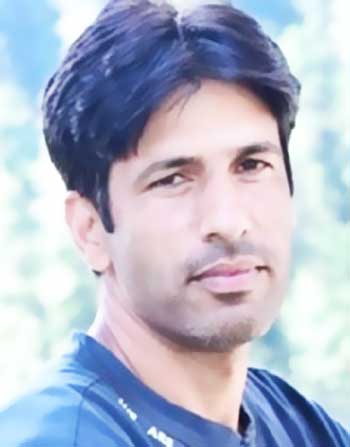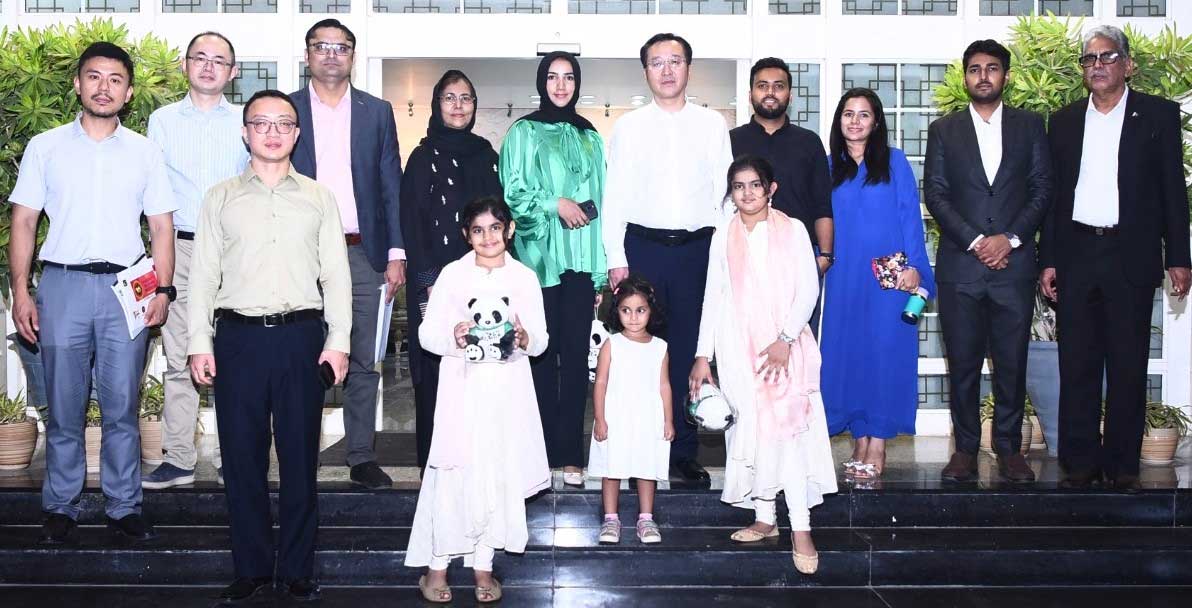When we try to find out the meaning of democratic government in books we realize that democracy is a form of government in which power is vested in the people, and decisions are made through elected representatives. Democracy emphasizes the principles of political equality, freedom of expression, and the right to participate in the decision-making process.
In a democratic system, citizens have the opportunity and right to vote in regular, free, and fair elections to choose their leaders and hold them accountable. In present times when we have a look around the world we find that many countries who were established on democratic principles have lost the true form of democratic government due to the power hunger of its corrupted political leaders and either dictatorship or Martial Law has replaced the civilian government.
When Pakistan gained Independence in 1947 from British colonial rule, it was founded as a democratic nation; but the country has experienced periods of military rule and political instability throughout its history. Since the dawn of the country, it has had a cataclysmic relationship with democracy. There have been several instances of military coups and authoritarian regimes that interrupted civilian rule.
Over the years, Pakistan has oscillated between military and civilian governments, with military rule dominating for significant periods. Though political elections are held to form the government, but it has always faced the challenges of corruption, weak institutions and a lack of political consensus which have hindered the growth and stability of democracy in the country. While analysing the democracy in Pakistan, we must take into account the historical, cultural, and geopolitical factors that have influenced its political landscape.
Pakistan initiated as a democratic state with its first constitution adopted in 1956. However, the initial years were marked by political turbulence and power struggles between various political forces. The military has played a prominent role in Pakistan’s politics, and the country has witnessed multiple military coups and interventions. It was General Ayub Khan in 1958, who for the first time assumed the power and became president and marked the beginning of military rule.
Later on due to major crises in 1971, when East Pakistan (Bangladesh) got separated, there was an end of military rule due to these crises and civil rule returned when Zulfikar Ali Bhutto became PM and in later stage assumed the charge of President. However as ill-fate it had, General Ziaul Haq assumed power in 1977 and democratic government was again abdicated and military rule returned in the country. It was in this period when Z.A Bhutto was executed in 1979. When Ziaul Haq died in a plane crash in 1988, Benazir Bhutto, the daughter of Zulfikar Ali Bhutto, was able to re-establish the democratic government in the country, but her period was marked with political and economic challenges, and she was dismissed from office twice on corruption charges. Then it was Nawaz Sharif who handled the unstable country but he was also removed from power on two occasions, in 1993 and 1999 due to tensions with military.
It was General Pervez Musharraf who carried military coup in 1999, and crumpled the Nawaz’s government. He continued his regime till 2008 when he resigned and again there was return of civil rule. Pakistan People’s Party emerged as largest party in 2008 elections and formed coalition government with the help of other parties but their period was marked with political challenges and criticism from opposition parties. After their period, it was Nawaz Sharif again in 2013 who won with a majority in elections and formed the government.
But the general elections held in July 2018 saw a shift in power. The Pakistan Tehreek-e-Insaf (PTI), led by Imran Khan, emerged as the single largest party in the National Assembly. Imran Khan became the Prime Minister of Pakistan with the backing of military. He implemented various reforms, focused on addressing corruption, improving governance, and enhancing economic development. Throughout this period, Pakistan’s civilian governments have had to navigate their relationship with the powerful military establishment. The military continues to have significant influence in security and foreign policy matters.
Finally, Imran Khan was subsequently removed from power in 2022 after losing support from military. The new government was led by the PML-N’s Shehbaz Sharif. Shehbaz Sharif’s new government has been in a state of decision paralysis and is struggling to find its footing, while the ousted prime minister was leading rallies across the country attacking the government’s legitimacy and calling for fresh elections.
When we deeply analyse the democratic set up of Pakistan during the last seven decades we find that the relationship between democracy and Pakistan has been complex and marked by periods of power struggles throughout its history. The most significant power struggle in Pakistan’s history has been the recurring interventions by the military. The military establishment has always justified its interventions by citing corruption, inefficiency, and political unrest in civilian governments. The power struggle between democracy and military rule has often led to political instability and uncertainty in the country.
Frequent changes in government and the role of powerful military institutions have at times hindered the smooth functioning of democratic processes. In spite of the military involvement in the government affairs, various political parties and leaders have been made attempts to strengthen country’s democracy. Pakistan’s judiciary has also played a significant role in navigating the power struggle by intervening in political matters, leading to the dismissal of elected governments.
Corruption has also been a dominant issue in Pakistan’s political system, affecting both civilian and military administrations. It is pertinent to mention here that rampant unchecked corruption within political parties and government institutions has eroded public trust in democratic processes in Pakistan. Pakistan’s geopolitical position and relationships with powerful countries have also influenced its domestic politics. International political players have sometimes supported certain factions, leading to interference in the democratic process and aggravating existing power struggles.
Despite the challenges, there have been notable efforts towards strengthening democracy in Pakistan. Civil society organizations, media, and activist groups have played important roles in advocating for democratic principles, transparency, and accountability. The struggle for power between democracy and other forces, particularly the military, has been a defining aspect of Pakistan’s political history. The country has made progress in certain democratic aspects, but challenges persist. For a stable and sustainable democracy, it is essential to strengthen democratic institutions, promote transparency and accountability, and ensure civilian control over the military.
Democracy vs. Pakistan: A power struggle




